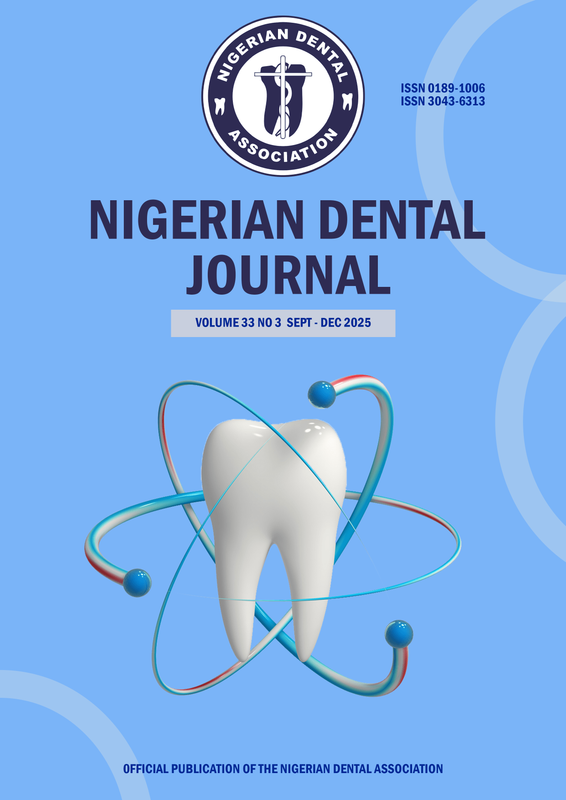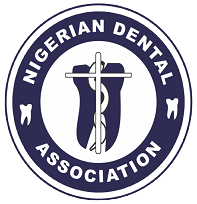Coronavirus Disease 2019: Implications to the Field and Practice of Oral Pathology
DOI:
https://doi.org/10.61172/ndj.v28i1.90Keywords:
COVID-19, Oral Pathology, Saliva, Exfoliative cytologyAbstract
Objective: To highlight the implications of COVID -19 disease to the field and practice of Oral Pathology.
Materials and Methods: Extensive PubMed and Google Scholar search using relevant mesh terms for articles on the effects of COVID-19 on the practice of Oral Pathology. The relevant articles were thereafter reviewed, and the implications drawn.
Results: The virus which is usually transmitted via droplet can survive for days on some materials which are commonly used in the laboratory; thereby constituting a potential source of infection to laboratory workers. In addition, the presence of the viral receptors in the oral mucosa has been established and so presenting the mouth as a possible route of entry. Viral particles are also shed heavily in the saliva. These observations have dual implications. First, it poses increased risk to the oral pathologists in handling oral tissue biopsy and secondly, it potentially makes the saliva an alternative medium of diagnosis. Furthermore, oral exfoliative cytology can be developed for viral detection especially in asymptomatic patients.
Conclusion: Maintenance of social distance while attending to patients in the laboratory, regular disinfectant of the working surfaces and careful handling of tissue specimens are essential for preventing the spread of COVID-19 in the laboratory. Research works in the use of saliva and oral exfoliative cytology for screening and diagnosis of COVID-19 patients should be a new area of interest to the oral pathologists.
Downloads
Downloads
Published
Issue
Section
License
Copyright (c) 2020 O.G. Omitola

This work is licensed under a Creative Commons Attribution 4.0 International License.
Open Access Statement
- We became fully Open Access since January 2023.
- Our new and archived materials are available free of charge on open basis and under a Creative Commons license as stated below.
Copyright statement
Copyright © 1999 The authors. This work, Nigerian Dental Journal by Nigerian Dental Association is licensed under Creative Commons Attribution 4.0 International License.

